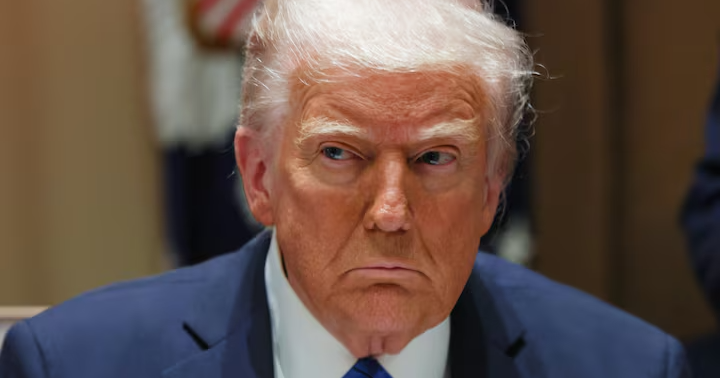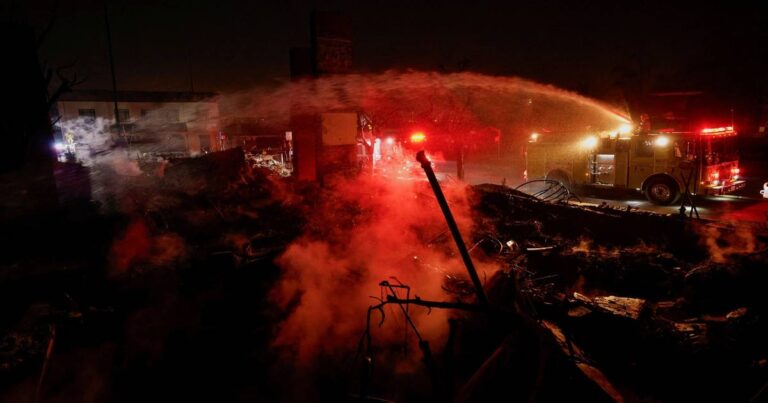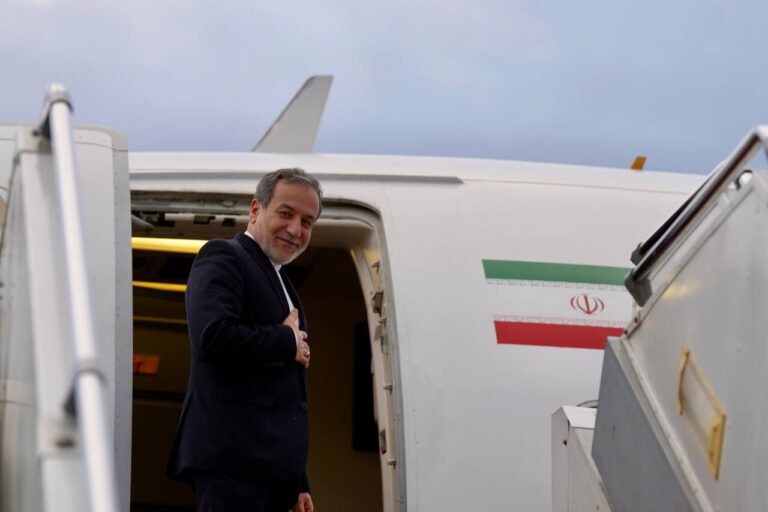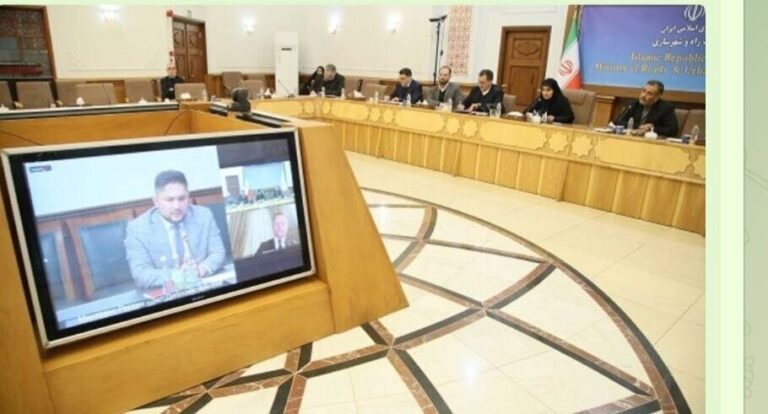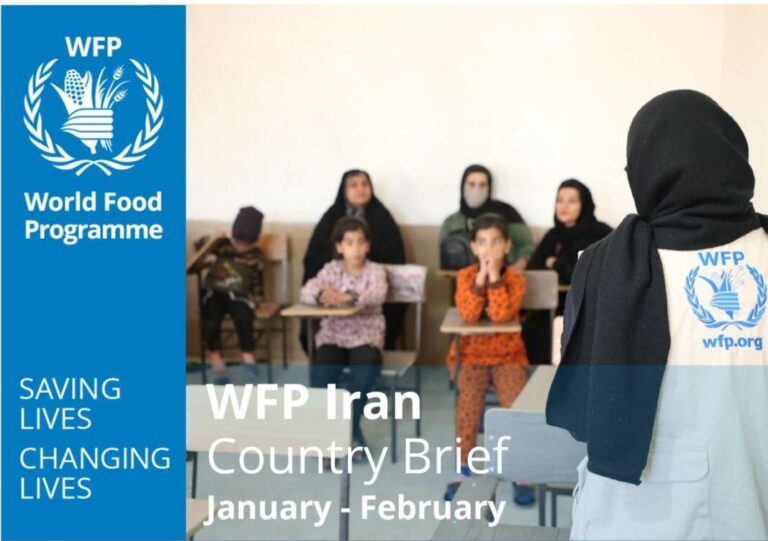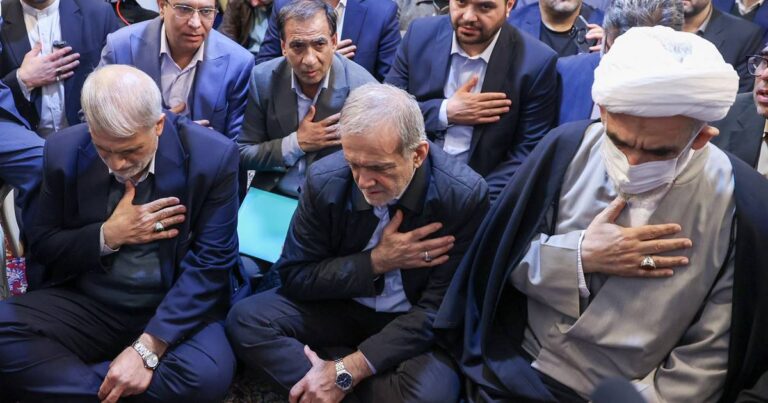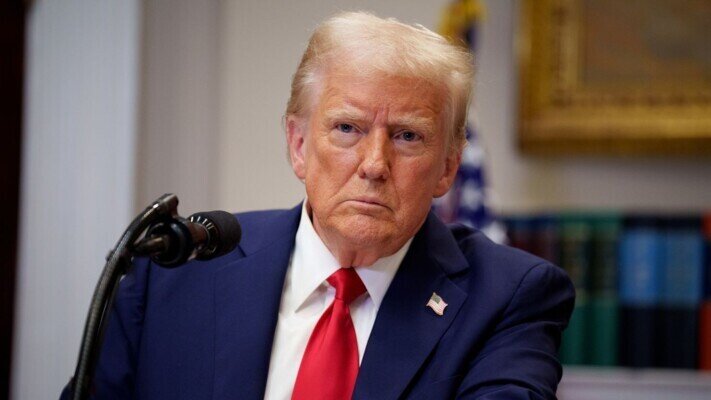Iranian Newspaper Issues Shocking Call for Violence Against Trump
In recent developments, Iran’s ultra-hardline Kayhan newspaper has issued alarming calls for the assassination of US President Donald Trump. This directive is linked to the 2020 killing of IRGC commander Qassem Soleimani, and the rhetoric has intensified as tensions between Iran and the US continue to escalate.
On Sunday, the state-affiliated daily reiterated its support for what it terms “revenge” for the drone strike that occurred in Iraq during Trump’s first term. This strike, ordered by Trump, led to the death of Soleimani and has been a point of contention ever since. The article provocatively stated, “The shot hasn’t even been fired yet, and already a bunch of local lackeys and US bootlickers are totally freaking out,… since their skulls are as empty as Trump’s, they’ve gotten scared.”
Since the assassination of Soleimani, Trump and several of his aides have been placed on a hit list, prompting concerns about safety and international relations. However, the focus on Soleimani’s killing had diminished in recent months amidst Trump’s renewed efforts for a ‘maximum pressure’ campaign and discussions for a new nuclear deal.
This column, presented in the form of a fictional dialogue, labeled proponents of nuclear negotiations with the US as “America’s bootlickers.” While Iran’s Supreme Leader has remained steadfast in refusing direct talks, there is a notable shift toward considering mediation. This comes in light of Trump’s stark warning that if a new nuclear deal isn’t reached within two months, military action against Iran could follow.
The reaction to the newspaper’s inflammatory rhetoric was swift. Heshmatollah Falahatpisheh, the former head of the Parliament’s National Security Committee, criticized the article on social media platform X. He stated, “Iranians hate those who promote war and terrorism. If you had the courage for war, you would’ve gone to Lebanon. If you have an assassination plan, don’t attribute your recklessness to Iran. The nation pays the price for the extremists’ warmongering and terroristic bluffs. The government must disavow this destructive movement.”
In a similar vein, the Tabnak website condemned the article, warning of the repercussions for a nation already grappling with severe social and economic challenges. The site commented, “A newspaper, which happens to be state-affiliated, is publicly promoting a slogan whose cost will ultimately be paid by the people. It seems that if these ultra-revolutionary individuals truly have the motivation to sacrifice for the country, there are plenty of real opportunities to demonstrate that sacrifice.”
Moreover, the Kayhan article suggested that assassinating Trump would be “a good thing and would bring joy to Palestinians” and armed groups within the region. This statement has further fueled concerns about the implications of such extreme rhetoric on international relationships and regional stability.
The US remains engaged in a complex confrontation with Iran’s Houthi militia in Yemen, particularly in the Red Sea area, where the militia has implemented a maritime blockade affecting commercial shipping. This blockade, ordered by the Supreme Leader in 2023, aims to target Israeli shipping and force a ceasefire in Gaza, but it has had far-reaching effects on global commerce. Trump has vowed to address this situation directly, indicating a potential escalation in hostilities.
As the geopolitical landscape continues to shift, the rhetoric from Iran’s media outlets highlights the fragility of international relations in the region. The implications of such statements on both domestic and international fronts cannot be underestimated. With Iran navigating a complex web of economic challenges and international pressure, the calls for violence only serve to complicate an already tense situation.
In summary, the ongoing narrative within Iran’s ultra-hardline media reflects a broader struggle for power and influence in the region. The calls for assassinations and violent rhetoric are not only dangerous but also detrimental to the prospects for peace and stability in the Middle East. As discussions around nuclear deals and military actions unfold, the world watches closely, aware that the consequences of these actions could resonate far beyond the borders of Iran.
In light of these events, it is crucial for global leaders to approach the situation with caution and a commitment to dialogue, seeking to curb the cycle of violence that threatens not only regional stability but also international security.
